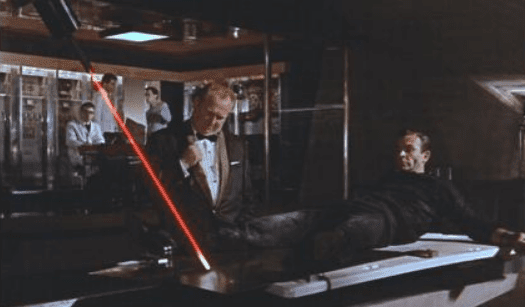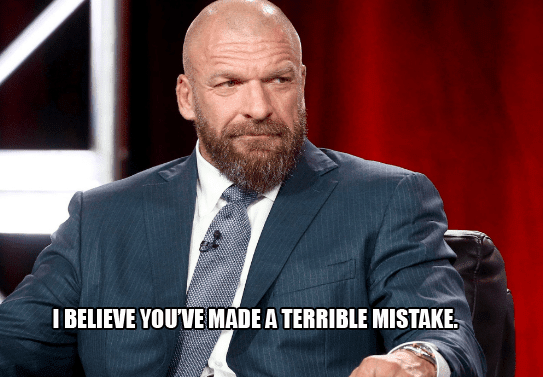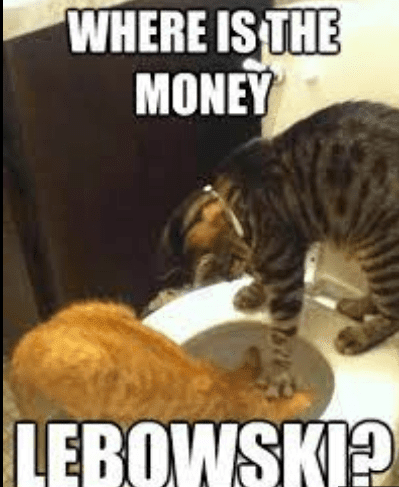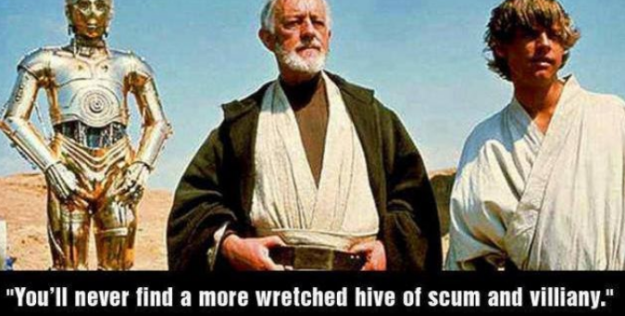Chapter 2
Marty’s plan for becoming a trader, developed with his wife’s assistance.
I should do that. But these days how do you just get a hold of someone? Twitter, I guess.
Laundry believes the market spends the same amount of time going up as it does going down. Then it must go up more in the same amount of time, right? I guess I have to read it to find out.
Zoellner is a tape reader.
“After breaking even in ’76 and ’77, I was now consistently making money. Before, when I was trading on a rumor or a hunch and the unexpected happened, it was terra incognita, an unknown land, and I was out there all alone. But now, the nightly routine of doing my charts, reviewing and revising my trend lines, calculating my moving averages, figuring my inflection points, setting my entry and exit prices was giving me confidence. I was like a chess player moving men around on the board in his mind, seeing positions five, six, seven moves in advance. I wasn’t trading that much differently, but I was trading a lot smarter.”
Trading his own account, by 1979 he has ½ his grubstake.
“On Wall Street, the easiest way to receive a pay increase is to change jobs.” (also true off Wall St.)
“If you’re going to trade for a living, you have to give yourself a year. Start with enough money to cover your living expenses, plus enough more so you can trade at a level where you’ve proven you can make money consistently.”
This must be important as it’s in all caps. “YOU HAVE TO PROVE YOUR ABILITIES AND TEST YOUR METHODS BY ACTUALLY TRADING, AND MAKING REAL MONEY, BEFORE YOU DEPEND ON TRADING FOR YOUR LIVELIHOOD.”
Schwartz reveals the $50k he borrowed from his in-laws was ‘just backup’ and he had no intention of actually using it. (but then why borrow it??)
Your grubstake has to be large enough to give you the time to be successful and large enough so that no one trade can take you out.
As a scalper Schwartz’s grubstake could be smaller and his ‘puke point’ could be lower so that he didn’t stop himself out before a market turn.
Earn your grubstake, don’t borrow it.
Marty’s plan for becoming a trader, developed with his wife’s assistance.
- Develop a methodology for trading that fits my style
- Accumulate a grubstake of $100k within one year
- Make Zoellner my mentor
- Get a seat on some exchange
- Take a sabbatical (from his day job, as a securities analyst)
Adam Smith - The Money Game: “The market is like a beautiful woman—endlessly fascinating, endlessly complex, always changing, always mystifying.”
Marty begins reading everything about the market.
- Richard Russell - Dow Theory Letter
- Barron’s
- Business Week
- S&P Trendline charts
- Mansfield Charting
- CMI Charting
- The Reaper - Commodity newsletter by RE McMaster
- Terry Laundry - Magic T Theory - makes the most sense to him. He calls the author to express his appreciation.
I should do that. But these days how do you just get a hold of someone? Twitter, I guess.
Laundry believes the market spends the same amount of time going up as it does going down. Then it must go up more in the same amount of time, right? I guess I have to read it to find out.
Zoellner is a tape reader.
“After breaking even in ’76 and ’77, I was now consistently making money. Before, when I was trading on a rumor or a hunch and the unexpected happened, it was terra incognita, an unknown land, and I was out there all alone. But now, the nightly routine of doing my charts, reviewing and revising my trend lines, calculating my moving averages, figuring my inflection points, setting my entry and exit prices was giving me confidence. I was like a chess player moving men around on the board in his mind, seeing positions five, six, seven moves in advance. I wasn’t trading that much differently, but I was trading a lot smarter.”
Trading his own account, by 1979 he has ½ his grubstake.
“On Wall Street, the easiest way to receive a pay increase is to change jobs.” (also true off Wall St.)
“If you’re going to trade for a living, you have to give yourself a year. Start with enough money to cover your living expenses, plus enough more so you can trade at a level where you’ve proven you can make money consistently.”
This must be important as it’s in all caps. “YOU HAVE TO PROVE YOUR ABILITIES AND TEST YOUR METHODS BY ACTUALLY TRADING, AND MAKING REAL MONEY, BEFORE YOU DEPEND ON TRADING FOR YOUR LIVELIHOOD.”
Schwartz reveals the $50k he borrowed from his in-laws was ‘just backup’ and he had no intention of actually using it. (but then why borrow it??)
Your grubstake has to be large enough to give you the time to be successful and large enough so that no one trade can take you out.
As a scalper Schwartz’s grubstake could be smaller and his ‘puke point’ could be lower so that he didn’t stop himself out before a market turn.
Earn your grubstake, don’t borrow it.
1







